In my family, it’s a little bit of a joke when I yell, “Make good choices!” as my kids go off to school, or to play with friends. They always shake their heads and laugh, but hopefully my words sink in a little bit. It’s hard to make good choices, especially when you’re growing up and you begin to realize that not everything is black and white. Sometimes a good choice might be technically against the rules. Then what do you do?
The Gray Areas between Right and Wrong
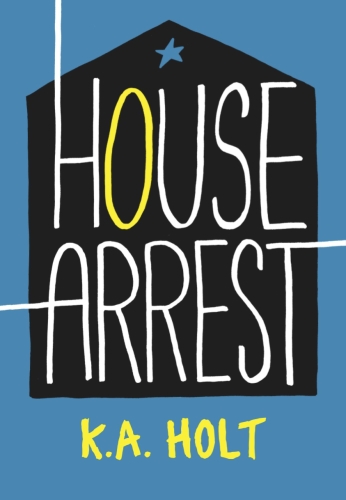 In my middle grade novel in verse, HOUSE ARREST, the main character is 12-year-old Timothy. As the book begins, Timothy is just starting a year of house arrest after getting caught stealing a wallet. The premise seems pretty black and white: don’t steal! But then the reader learns that Timothy stole the wallet so he could buy medicine for his little brother, who is chronically ill and medically fragile.
In my middle grade novel in verse, HOUSE ARREST, the main character is 12-year-old Timothy. As the book begins, Timothy is just starting a year of house arrest after getting caught stealing a wallet. The premise seems pretty black and white: don’t steal! But then the reader learns that Timothy stole the wallet so he could buy medicine for his little brother, who is chronically ill and medically fragile.
Timothy did it to help his mother, who doesn’t have the money or the insurance to afford the medicine. He did it because his family is struggling without a support system. He did it out of love and concern and frustration, and because he felt like he had no other choice. Timothy did not make the best choice, but he felt like he made the best choice for his family’s current situation. It’s a difficult conundrum, and as I wrote the book I spent a lot of time thinking about the gray areas between right and wrong, and how children face choices like this all the time.
When you get angry, do you punch a person, or do you punch a wall? Or do you try not to punch anything at all?
When you know you’re under house arrest, but your brother isn’t breathing, do you steal a car to get him to the hospital, or do you wait for the ambulance that has yet to arrive?
These are real, difficult questions.
Responsible Adult vs. Impulsive Character
When I do school visits and talk to students about Timothy and the (sometimes poor) decisions he makes, they ask me why I made Timothy’s character so impulsive. I explain that in the book, Timothy gets to do the things I couldn’t do in real life. My son was once very ill like Timothy’s brother. I didn’t always have the money for his medicine. Sometimes I got very angry at his nurses or other caregivers. Several times I panicked as I waited for an ambulance to come to the house.
But I was a “responsible adult” and I knew that I needed to make difficult decisions. I couldn’t steal money or pop anyone in the nose. I couldn’t steal a car or freak out. I was his mother, and I needed to stay calm. But what if I hadn’t stayed calm? What would have happened? Timothy is my answer to those questions.
Writing is an amazing thing, because it allows us a special kind of freedom. We don’t have to break the law, or break someone’s nose, because we can write about it. Our characters are safe to take the risks we cannot. And we can use these stories to learn about consequences, both obvious and not so obvious.
In HOUSE ARREST, Timothy gradually learns how to be less impulsive, and how to use better avenues to express his overwhelming desire to help his little brother. Timothy gave me a safe outlet to really think about my own choices, both good and bad, and I hope he does the same for my readers.
A Writing Assignment for Students: Writing to Explore Consequences
 This leads to an interesting writing assignment your students might enjoy. When was there a time that they didn’t want to “make good choices?” Can they write a few paragraphs imagining what might have happened if they’d made the poor choice? What about the opposite? When was a time they made a poor choice? Can they write a few paragraphs about how things might have been different if they’d made a different choice?
This leads to an interesting writing assignment your students might enjoy. When was there a time that they didn’t want to “make good choices?” Can they write a few paragraphs imagining what might have happened if they’d made the poor choice? What about the opposite? When was a time they made a poor choice? Can they write a few paragraphs about how things might have been different if they’d made a different choice?
My son is in the third grade now, and he has recovered from the life-and-death afflictions of his early childhood. You can bet that when I yell, “Make good choices!” as he goes to school in the morning, I’m also reminding myself the same thing. And I know, if I’m ever tempted to make a poor choice, I can always write a story about it first, so that my character gets in trouble while I take a deep breath and think about a better path to choose.


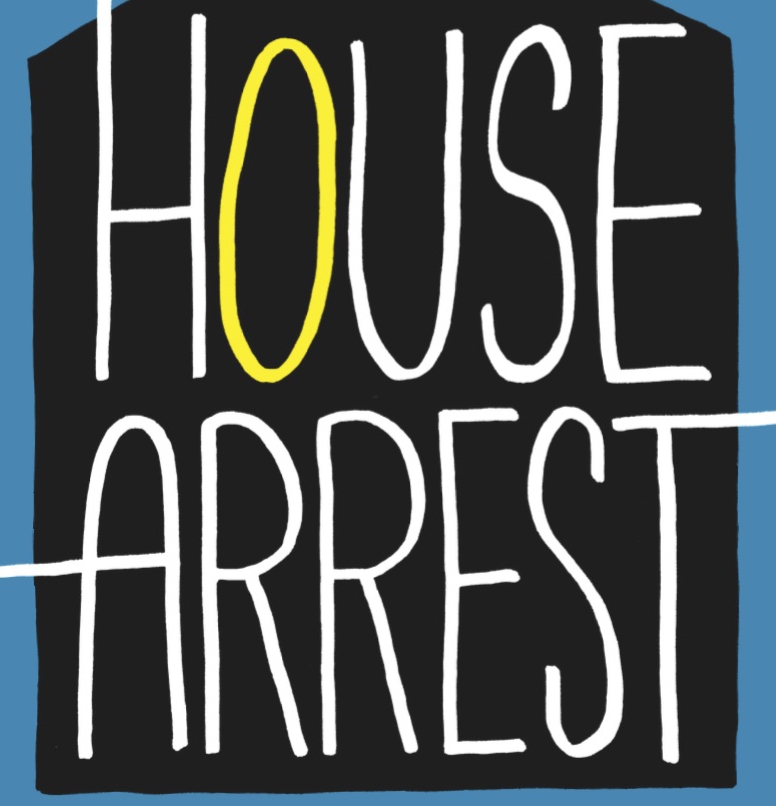
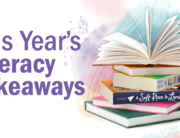
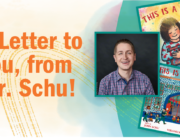
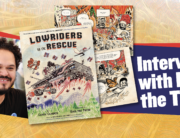
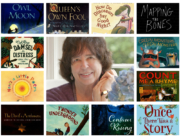

Leave A Comment